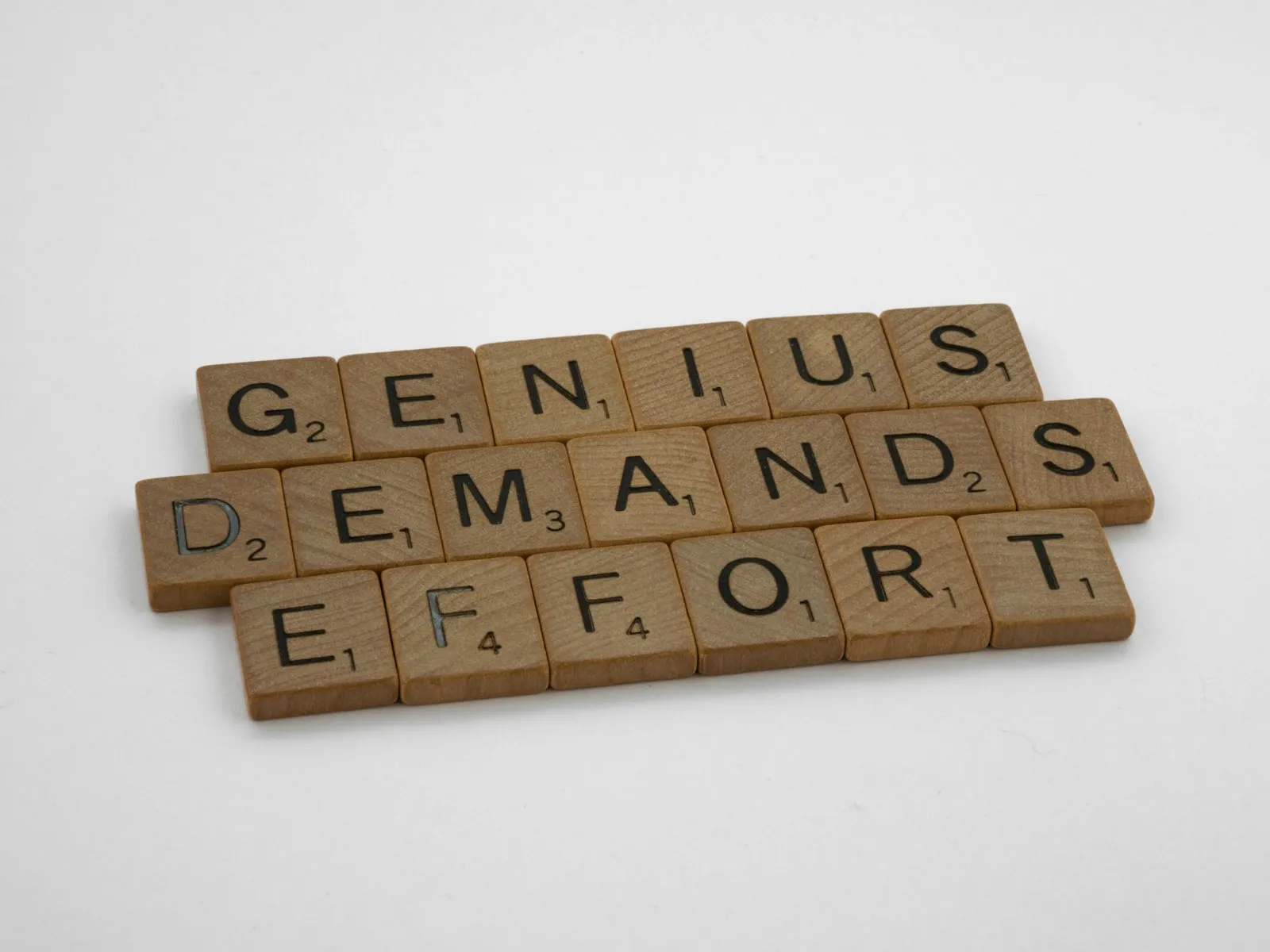jlk – You might have felt annoyed when concentrating on something and suddenly being disrupted by loud noises, bright lights, or strong smells.
You might think that you have overly sensitive senses or even experience disorders like ADHD or autism.
However, did you know that your sensitivity to sensory stimuli could be a sign that you have exceptional creative talent?
That’s what the latest research from Northwestern University suggests, providing the first physiological evidence that real-world creativity may be associated with a diminished ability to filter out “irrelevant” sensory information.
This research indicates that some individuals are more affected by everyday sensory information bombardment—or have a “leaky sensory filter.”
The “leaky sensory filter,” which is the tendency to filter out “irrelevant” sensory information, occurs early and unintentionally in brain processing and can help individuals integrate ideas outside the focus of attention, leading to real-world creativity, said Darya Zabelina, the study’s lead author, calling the findings “impressive.”
The researchers investigated specific neural markers of very early attentional forms, namely sensory filtering, which is indexed by the P50 ERP, a neurophysiological response occurring 50 ms (milliseconds) after the onset of stimulation, and how it relates to two measures of creativity: divergent thinking and real-world creative achievement.
In this study, around 100 participants reported their creative achievements through the Creative Achievement Questionnaire and also underwent a divergent thinking test, which is commonly considered a laboratory test of creative cognition.
In this test, participants were asked to provide as many answers as possible to several unlikely scenarios within a limited time. The number and novelty of participants’ responses comprised the divergent thinking score.
As a result, the researchers had two different measures of creativity: a number of real-world creative achievements of individuals and a laboratory measure of divergent thinking.
Divergent thinking is a laboratory test of creative cognition measured over time, where participants generate many responses within a limited timeframe.
In this study, divergent thinking correlated with academic test scores and selective sensory filtering—the ability to filter that increased compared to lower divergent thinkers.
On the contrary, real-world creative achievement was associated with leaky sensory processing—or the diminished ability to filter or inhibit stimuli from consciousness.
This suggests that these measures of creativity are sensitive to different forms of sensory filtering.
Divergent thinking indeed contributes to creativity, but it appears separate from the creative thinking process associated with leaky sensory filters.
This study suggests that creative individuals with “leaky sensory filters” may tend to focus on a broader scope or range of stimuli.
“If channeled in the right direction, this sensitivity can make life richer and more meaningful, providing smoother experiences,” said Zabelina, a doctoral candidate in psychology at Northwestern.
However, the drawbacks of sensory disturbances have also been noted by some of the world’s creative thinkers.
One of the most influential novelists of the 20th century, Kafka, once said, “I need solitude for my writing; not ‘like a hermit’ — that wouldn’t be enough — but like a dead man.” Darwin, Chekhov, and Johan Goethe also greatly lamented the disruptive nature of noise.













